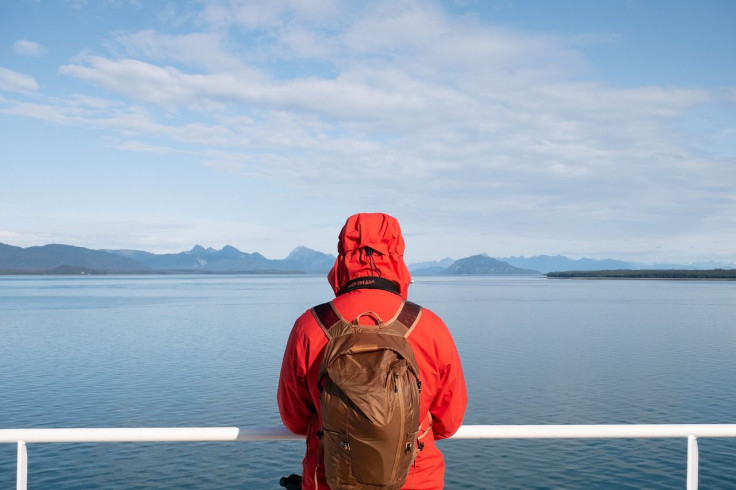Tsunami May Occur If Alaskan Slope Collapses, Experts Warn
KEY POINTS
- An open letter was sent by scientists to government agencies about an unstable Alaskan slope
- They warned that if the slope would collapse, it can cause a major tsunami
- The scientists stated that the probable tsunami could create over 30-foot waves
Fourteen scientists, who are experts on climate change, landslides, and tsunamis, signed an open letter warning government agencies about an unstable Alaskan mountain slope above the retreating Barry Glacier. They forecasted that if the slope would collapse, it may cause an enormous tsunami to develop in Harriman Fjord, situated some 60 miles from the city of Anchorage, home to around 291,000 residents.
An Ominous Warning
The experts said that a total collapse could be destructive throughout Harriman Fjord, Barry Arm, and some parts of Port Wells. “Our initial results show complex impacts further from the landslide than Barry Arm, with over 30-foot waves in some distant bays, including Whittier,” the experts wrote.
They also warned that the tsunami could cause heavy damage to areas frequented by fishing vessels, hunters, and tourists. While the slope is only moving slowly at present, it might become a fast-moving landslide if triggered by an earthquake, a major rainfall, or too much snow.
Tracing Land Movement
The scientists, who came from different institutions and agencies, have just started working on a project involving tracing land movement funded by the National Science Foundation and NASA. They were calculating the risks at Barry Arm when they found that a partial or total collapse at the mile-wide landslide area may happen within 20 years.

According to Anna Liljedahl, the catastrophic event could happen today, or this summer, or in the next twenty years. She is a glacier and permafrost expert at Woods Hole Research Center and is a member of the group of scientists working on the project.
Other people and agencies have been sounding the alarm too. Upon briefing, the commissioner of the Department of Natural Resources in Alaska issued a public warning about an “increasingly likely landslide could generate a wave with devastating effects."
Changing Conditions In The Arctic
The likelihood of a landslide-caused tsunami happening in Barry Arm may be extraordinarily severe, but changing conditions in the Arctic are making such disasters more probable. Thawing permafrost and dwindling glaciers combine to weaken icy slopes around the region.
Some of the hotspots for such landslides include Southeast Alaska, as well as nearby areas of British Columbia and Yukon. For Liljeda, the damage that such an event can cause is mind-boggling. “It’s kind of hard to get your head around how huge this thing is,” she said.
© Copyright IBTimes 2024. All rights reserved.




















